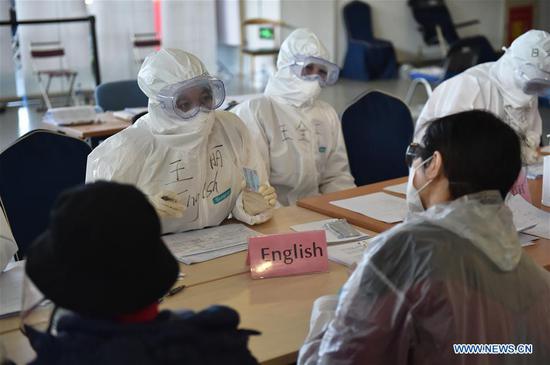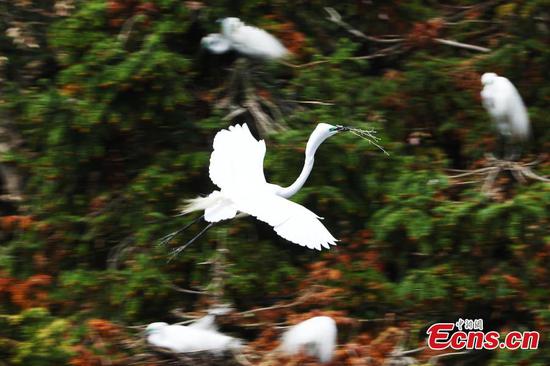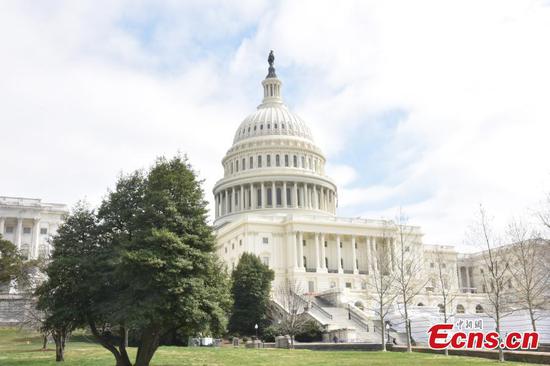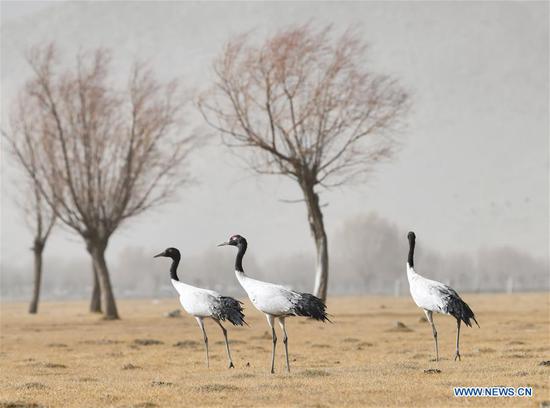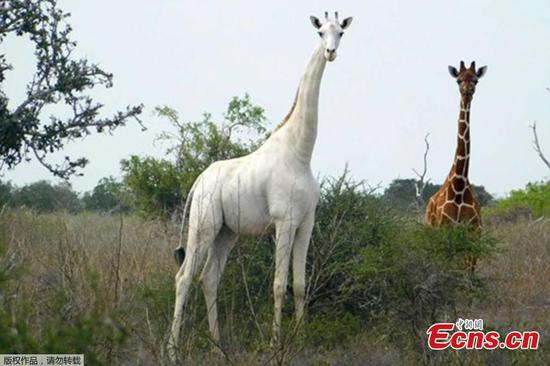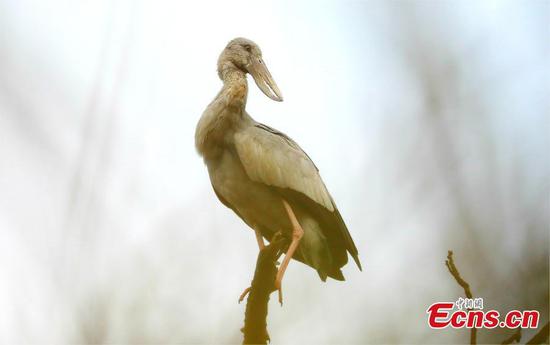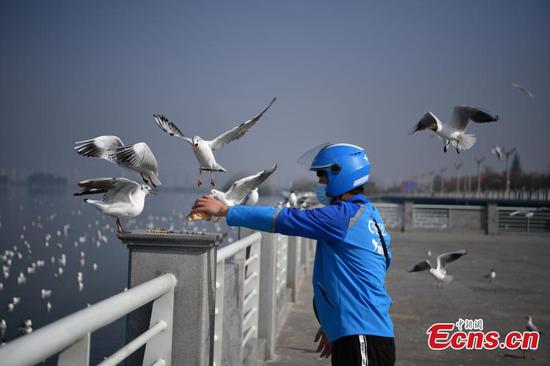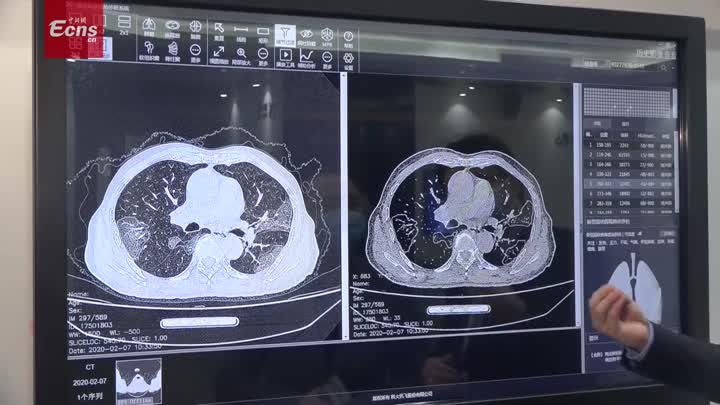
A pangolin at the Pangolin Research Base for Artificial Rescue and Conservation Breeding in Nanning, Guangxi Zhuang autonomous region. (SHI RUIPENG/CHINA DAILY)
Wild animals covered under the ban include those that the Wildlife Protection Law and other laws prohibit people from eating, terrestrial wild animals that China protects as they have "important ecological, scientific and social value" as well as other terrestrial wild animals, such as those bred and farmed in captivity.
China's laws and regulations focus on wild animal protection. The eating prohibition applies for animals under State protection as well as those without quarantine certificate, according to Yang Heqing, deputy director of the Legislative Affairs Commission's economic law office.
"Eating wild animals with important ecological, scientific and social value are not clearly regulated in the existing laws, which became a loophole for some activities that may threaten people's health," he said.
According to the latest decision, aquatic wild animals like fish, however, are not on the prohibition list, since fishing is an important agricultural mode of production and also an internationally accepted practice.
Common poultry and livestock, such as pigs, cattle and sheep, are also not on the list.
Those raised in farms for a long time, and that have formed value chains which are helpful in poverty alleviation, such as pigeons and rabbits, are also excluded.
"The decision gives a general future plan, which defines the role of different sectors in the wild animal protection and management work," said Li. "But the list of animals being raised in farms for a long time should be further explained."
She said related departments should make detailed standards for making the list. Moreover, the Animal Husbandry Law should also be improved to meet the industry requirements.
Yang said some farmers raising wild animals will encounter financial loss due to the practice required by the decision.
He suggested that local governments extend support to those farmers. "Subsidies should be given in accordance with the condition," he added.
According to the latest decision, use of wild animals for nonedible purposes, including scientific research, medical use and display, will be subject to strict examination, approval and quarantine inspection. Violators will be severely punished, and venues of illegal production and trade will be seized and closed.
The decision also emphasized strict inspection and quarantine of wild animals and related products.
Next, the NPC Standing Committee plans to amend the Wild Animal Protection Law.
A draft revision to the Animal Epidemic Prevention Law is expected to be submitted to the committee for review in the near future, said Zang Tiewei, a spokesman for the committee's Legislative Affairs Commission.
The top legislature is also accelerating legislation on biological security, and is considering revising the Law on Prevention and Control of Infectious Diseases and some other laws to improve the public health emergency management system, he added.













